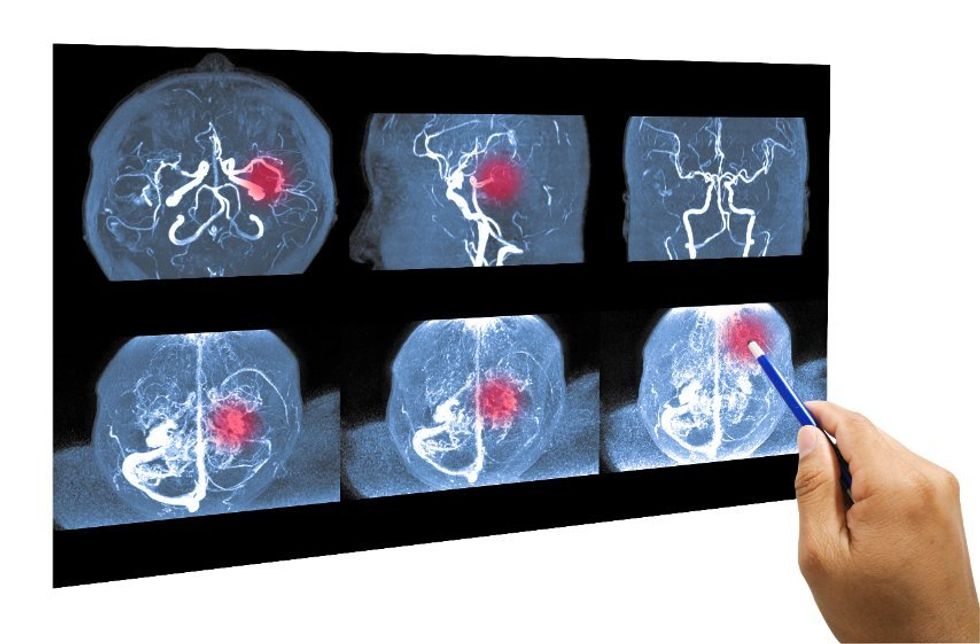People have looked for ways to improve cognitive abilities, including memory, concentration, and problem-solving, as part of their quest for personal growth. These abilities have a significant impact on daily life, affecting decision-making and general well-being. Repetitive Transcranial Magnetic Stimulation therapy is one of the intriguing methods attracting interest. Although rtms is primarily known for its effectiveness in treating mental health conditions, recent research has shown its potential to boost cognitive abilities. In this article, we'll explore how rtms therapy can enhance your cognitive abilities.
2 Ways Boost Your Brain Performance with TMS Therapy
TMS can increase the brain function in the following ways.
Memory Enhancement with RTMS
A basic component of cognitive capacities is memory, both short- and long-term. Positive effects of RTMS therapy on memory function have been demonstrated in various studies. Neuropsychological research has examined rtms' potential to enhance memory consolidation, turning short-term memories into long-term ones by precisely targeting memory-related brain regions.
RTMS and Problem-Solving Skills
The ability to solve problems, both personally and professionally, is essential. Effective problem solving is an essential skill for solving problems, from interpersonal problem-solving to overcoming technical problems. According to recent studies, rtms treatment can enhance problem-solving skills. Rtms can improve problem-solving abilities by stimulating specific areas of the brain associated with creativity and flexibility.
Benefits of RTMS
TMS offers several benefits, including the following:
Highly Effective
TMS has grown in popularity as a therapy option for a number of mental health issues because of how well it works. The following are some important traits of its effectiveness:
- Treatment-Resistant Conditions. TMS is extremely helpful for people who are not responding to conventional therapies like medication or counseling. Given the dramatic symptom improvements in studies, it offers hope for depression that has resisted treatment.
- Evidence-Based Approach. The FDA has approved TMS for a number of illnesses, and it is supported by significant clinical research. A rising body of research confirms its effectiveness, making it a reliable therapeutic choice.
Non-Invasive
TMS stands out as a non-invasive treatment because it doesn't involve surgery or putting anything inside the body. Here are some advantages of this non-intrusive service:
- No Anesthesia. TMS doesn't require general anesthesia like other medical procedures, which can have risks and adverse effects.
- Minimal Risk. TMS poses few physical hazards or difficulties because treatment is performed outside the body. Surgery problems are less likely because patients don't need to endure intrusive procedures.
Minimal to No Side Effects
With few to no negative side effects for the majority of patients, TMS therapy is renowned for its positive side effect profile. Here are some reasons why this is a big plus:
- Well-Tolerated. Almost all patients respond successfully to TMS therapy. Regular side effects like headaches or a little soreness in the scalp are typically minor and short-lived.
- Minimal Downtime. After a TMS session, patients can return to their normal daily activities immediately because potential side effects are usually small and brief.
Conclusion
This treatment is an excellent option to opt for. Your performance, productivity, relationships, and every other element of your life improve significantly when your brain is operating at its peak capacity.






















 sunrise
StableDiffusion
sunrise
StableDiffusion
 bonfire friends
StableDiffusion
bonfire friends
StableDiffusion
 sadness
StableDiffusion
sadness
StableDiffusion

 purple skies
StableDiffusion
purple skies
StableDiffusion









